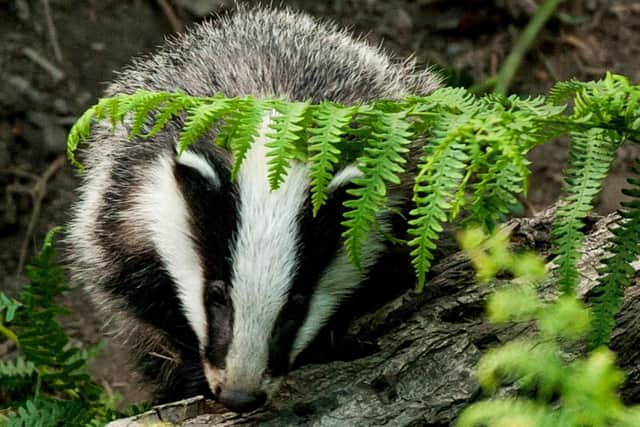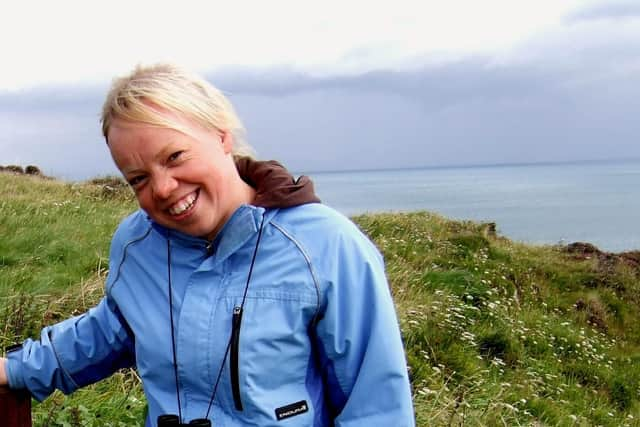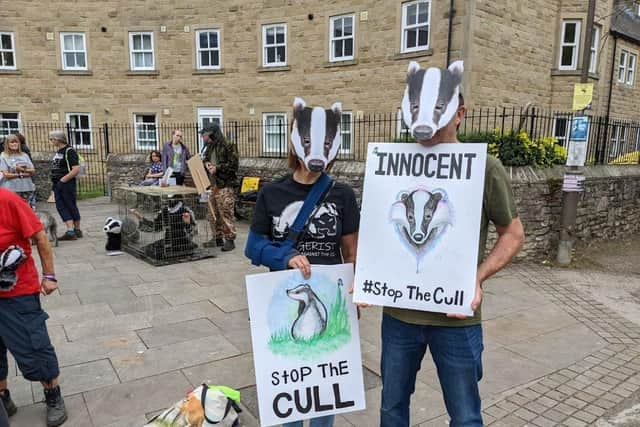Derbyshire Wildlife Trust boss criticises Government U-turn on badger cull
and live on Freeview channel 276
National press outlets have reported that environment minister Therese Coffey told the National Farmers Union (NFU) she had “scrapped any arbitrary deadline about when we would stop culling” during a speech in Westminster on Wednesday, September 13.
That would represent a significant change from the policy set out in 2021, by Ms Coffey’s predecessor George Eustice, for an effective end to culling once existing licences expired in 2025.
Advertisement
Hide AdAdvertisement
Hide AdMs Coffey echoed advocates in the farming community who maintain that culling is the most effective way to stop the spread of bovine tuberculosis (bTB), saying: “We will cull for as long as we need to, in order to make sure we become bovine TB-free. We have to do what is right for the farmers.”


In 2020, the NFU lost a legal battle to challenge the ban, and its position has been long been disputed by animal rights campaigners and others concerned for the welfare of badgers, such as as Derbyshire Wildlife Trust boss Jo Smith.
She said: “We are disappointed the Government seems intent on allowing badgers to be culled on mass – despite making promises to end intensive culling and focus on cattle-based measures, supplemented by a badger vaccination programme.
“This outdated move comes despite the government’s pledges to move away from the reliance on extensive shooting and lethal control of this protected species, and instead invest in a cattle vaccine and to support badger vaccination programmes.”
Advertisement
Hide AdAdvertisement
Hide AdShe added: “In 2022, 33,627 badgers were culled nationally, with 1,939 of those here in Derbyshire. Backtracking on plans to stop intensive culling could result in tens of thousands of healthy badgers being shot across England for years to come.


“We understand the hardship that bTB causes in the farming community and the need to find the right mechanisms to control the disease. There is no concrete evidence that proves culling badgers is the answer to reducing risks to cattle, and instead it is cattle-based measures that are bringing down bTB rates.
“England’s cattle-to-cattle disease transmission problem must be urgently resolved through cattle-focused measures such as improved cattle testing and vaccination, enhanced biosecurity, and controlling cattle movements.”
While Ms Coffey told NFU members that her decision had been led by scientific evidence and a lack of progress on alternative solutions, opponents of the cull say the early results of a Government pilot scheme in East Sussex show the potential success of training landowners to carry out mass badger vaccinations.
Advertisement
Hide AdAdvertisement
Hide AdJo said: “We were expecting the government to consult on how this might inform how it rolls out vaccination schemes at scale this autumn, but now we are very concerned that policy-makers could revert to mass culling as the go to option.


“This is a critical turning point. We call on the government to stop badgers being killed on mass for good and focus on cattle measures and badger vaccination instead.”